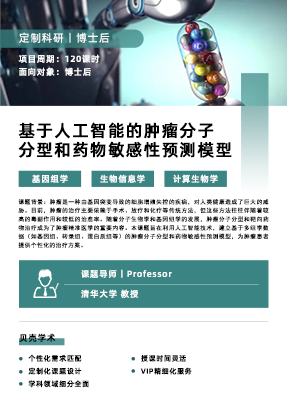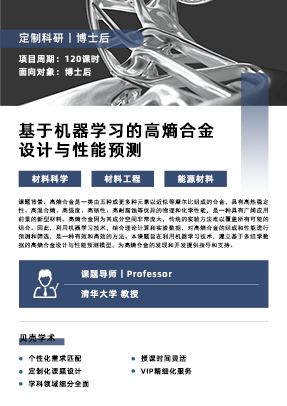

To develop nano-materials with piezoelectric properties, such as piezoelectric ceramics, semiconductors, polymers, etc., and use the electrical signals or free radicals generated by them under the action of external forces to directly or indirectly kill tumor cells or pathogens, while realizing tumor imaging and monitoring.

DNA self-assembly technology is used to construct a nanorobot that can deliver thrombin in blood vessels to achieve targeted blockage of tumor blood vessels, so as to achieve the purpose of inhibiting tumor growth and metastasis

The aim of this study is to develop an AI-based tumor molecular typing and drug sensitivity prediction model to achieve accurate diagnosis and individualized treatment of tumors. This project will use a variety of artificial intelligence algorithms, such as deep learning, graph neural networks, reinforcement learning, etc., combined with a variety of data sources, such as genomics, transcriptomics, proteomics, metabolomics, imaging, etc., to build tumor molecular characterization and drug response prediction models, and use clinical data to verify and evaluate the models.

The aim of this paper is to develop a machine learning-based design and performance prediction method for high entropy alloys to achieve rapid screening, optimization and evaluation of high entropy alloys. The design and performance prediction of high entropy alloy were carried out with the target system of Al-Co-Cr-Cu-Fe-Ni, with hardness, strength, toughness and corrosion resistance as the target properties, and the comparison and verification with the experimental data were made.